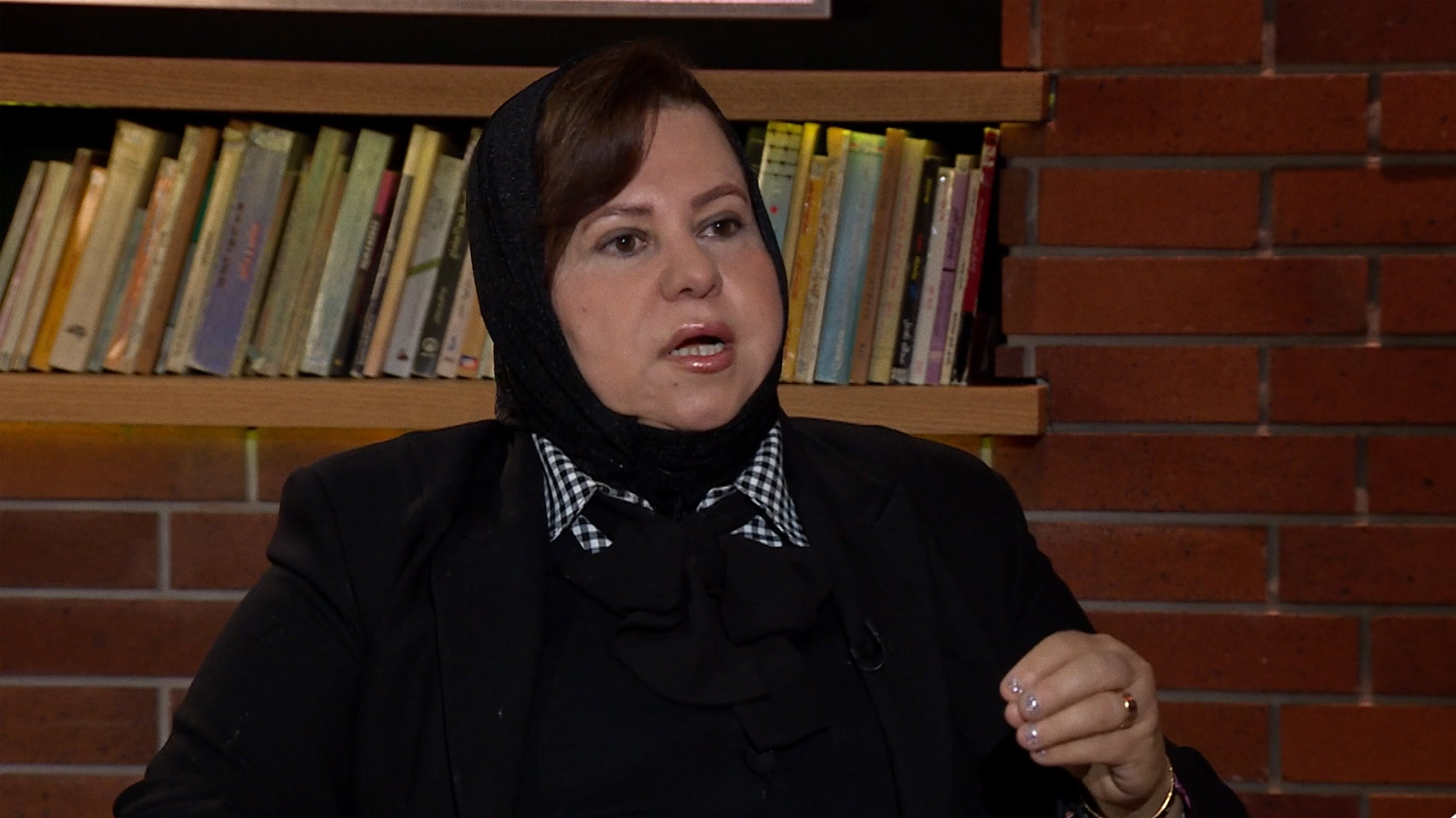MP Vows Legal Action Over 'Unconstitutional' Kurdish Language Ban
Iraqi MP Dr. Nahla al-Afandi has condemned a ministry ban on using Kurdish in exams at Kirkuk, Mosul, and Diyala universities as unconstitutional. Her office vows a strong stance and potential legal action, citing a blatant violation of linguistic rights guaranteed in the constitution.

ERBIL (Kurdistan24) — An Iraqi Member of Parliament has issued a powerful condemnation of a recent directive from the federal Ministry of Higher Education that prohibits the use of the Kurdish language in examinations and research at universities in Kirkuk, Mosul, and Diyala, labeling the decision a "blatant violation" of the Iraqi constitution and vowing to take a "strong stance" that could include legal action.
In a formal statement released on Saturday, the media office of MP Dr. Nahla Qadir Muhammad Al-Afandi announced its complete rejection of the order, which targets universities in key Kurdistani territories outside KRG's administrative control and seeks to reverse long-standing accommodations for Kurdish-speaking students.
According to the statement, the controversy stems from an official letter signed on July 25, 2025, by the Undersecretary of the Iraqi Ministry of Higher Education for Scientific Research Affairs. The letter explicitly instructs the universities of Mosul, Kirkuk, and Diyala to cease allowing academic research and examinations to be conducted in the Kurdish language.
Dr. al-Afandi’s office detailed the severe nature of the directive, noting that it not only bans the use of Kurdish but also mandates that exam questions should not even be translated for Kurdish students. The ministry’s justification, as described in the MP’s statement, is the claim that education is to be conducted "only in the Arabic and English languages."
The parliamentarian's office forcefully argued that this new policy is in direct and clear opposition to the supreme law of the land. "What the Iraqi Ministry of Higher Education has decided is completely contrary to the Iraqi constitution and is a blatant violation of law and the constitution," the statement read.
The core of Dr. al-Afandi's legal argument rests on Article 4 of the Iraqi constitution. Her office emphasized that this article "clearly states that the languages (Arabic and Kurdish are two official languages in Iraq)." On this basis, the statement asserted that "no one can violate a right that the constitution has given to the people and which the peoples of Iraq have voted for."
Furthermore, the statement pointed out that the constitution’s protection of linguistic rights in education extends beyond the two main official languages. "Likewise, according to the same article, the right to education is not only given in Arabic and Kurdish, but this right is also given to (Turkmen, Syriac, and Armenians)," the MP's office highlighted, underscoring the broader implications of the ministry’s restrictive policy.
The statement also invoked the second paragraph of Article 4, which clarifies that both official languages must be used in all Iraqi institutions on the "basis of equality." This principle, the MP argues, is being directly undermined by the ministry’s directive.
In addition to its constitutional arguments, Dr. al-Afandi’s office contended that the ministry's decision also flies in the face of established legal precedent. "Of course, this decision by the Iraqi Ministry of Higher Education is contrary to several rulings of the Iraqi Federal Court, which emphasize the equality of Iraqis in all fields," the statement noted.
Concluding with a firm and resolute position, the MP's office declared its unwavering opposition and readiness to challenge the directive through all available channels.
"We completely reject these kinds of letters and we will have a strong stance against them," the statement affirmed, adding a clear warning of escalation: "and we will resort to the court if necessary."
